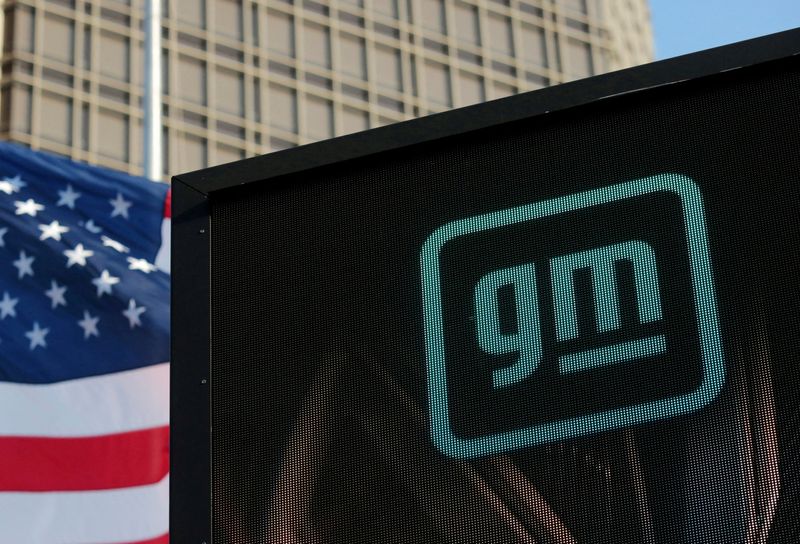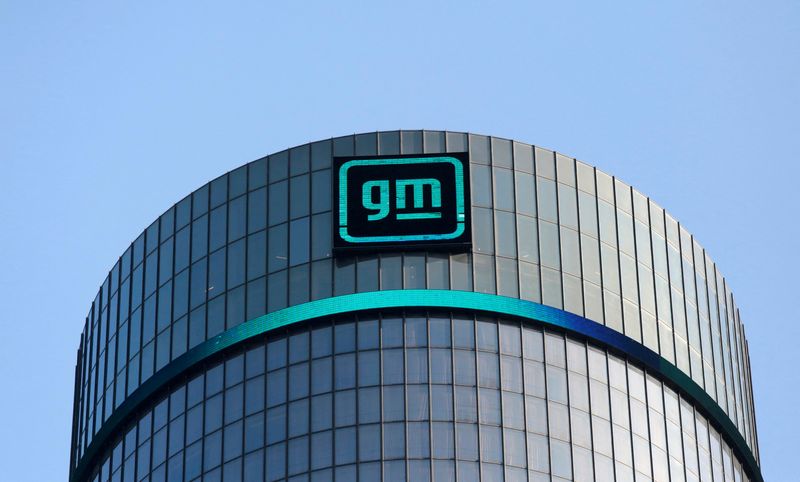By Joseph White and David Shepardson
TOLEDO, Ohio/WASHINGTON (Reuters) – The United Auto Workers will seek a speedier recognition from GM that does not require a vote to represent hourly workers in the automaker’s growing stable of U.S. joint-venture battery plants, the union said on Friday.
UAW President Ray Curry, speaking at an event in Toledo, Ohio, where GM announced it will invest $760 million, said the union will seek “card check” authorization that bypasses a secret ballot vote.
Under that process, a majority of plant hourly workers could simply sign cards supporting the union, and once certified an election would not be necessary.
Last month, the first General Motors and LG Energy Solution joint venture Ultium battery plant began production in Lordstown, Ohio.
Curry said 90% of workers at the plant have signed cards supporting the union. “Ultium has not agreed” to recognize the UAW without a vote, Curry said.
Ultium and GM did not immediately comment on Friday.
The 2.8 million square foot Ultium Cells LLC plant in Lordstown is the first of at least four U.S. plants planned to supply GM electric vehicles. The plant has more than 800 employees and is preparing to ramp up production.
GM previously expressed support for efforts by the UAW to organize Ultium’s battery plants, but did not endorse “card check.
In May, President Joe Biden, in a trip to South Korea, expressed support for workers seeking to unionize joint venture battery plants. Detroit’s Big Three automakers all have battery plants in the works with Korean partners.
“For every joint venture that manufactures electric vehicle batteries would be made stronger by collective bargaining relationships with America unions,” Biden said.
Last month, GM and LG Energy said they were considering a site in New Carlisle, Indiana, for a fourth U.S. battery plant.
They are already building a $2.6 billion battery cell plant in Lansing, Michigan, set to open in late 2024, and a $2.3 billion Tennessee plant to be completed in 2023.
(Reporting by Joseph White and David Shepardson in Washington; writing by Ben Klayman; editing by Chris Reese and Leslie Adler)



